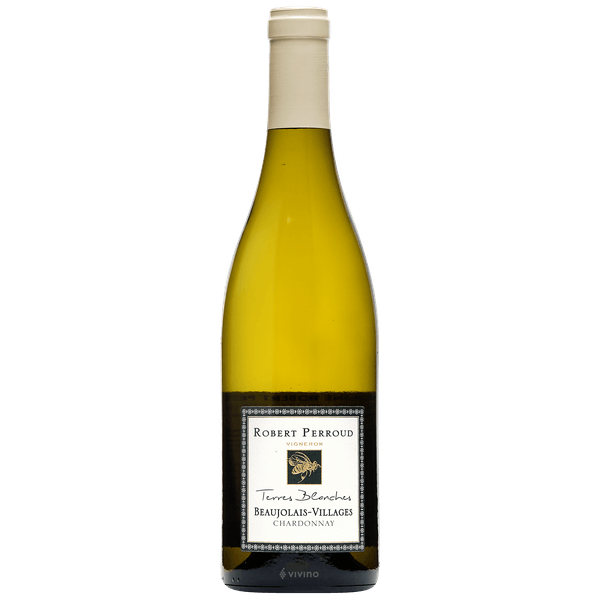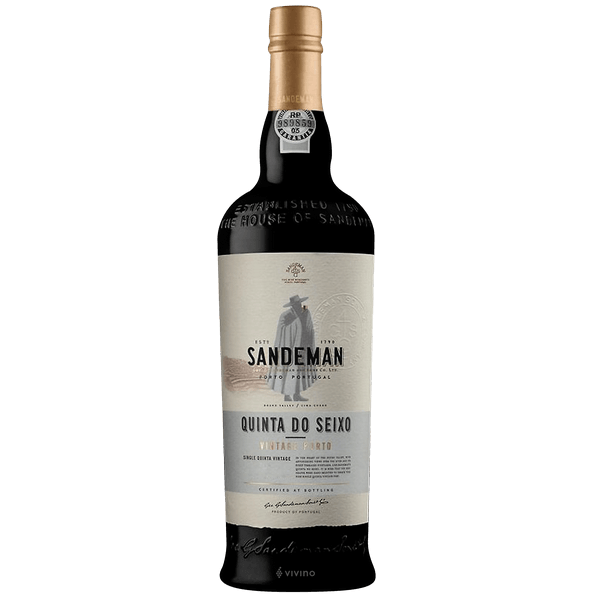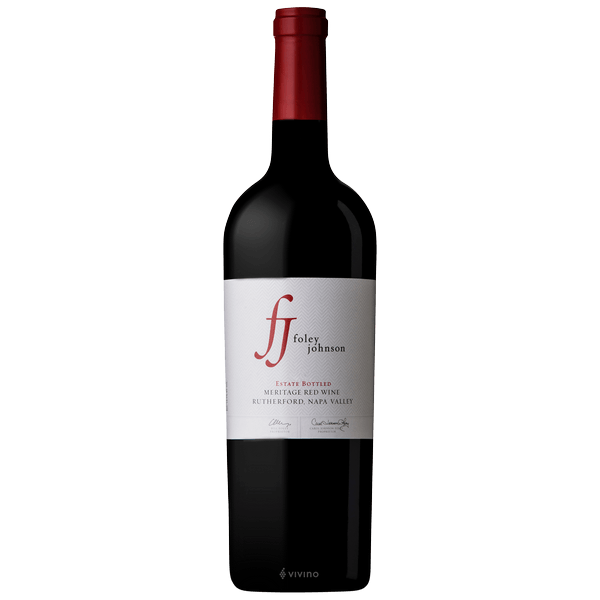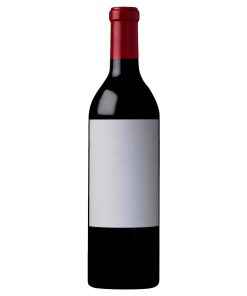2019 Robert Perroud Beaujolais Villages Chardonnay
2019 Robert Perroud Beaujolais Villages Chardonnay A nice bouquet on the nose displaying citrus, yuzu notes with some green apples and white flowers. A nice depth in the palate with white fruits, some almond and savory/buttery notes balanced with a lively acidity on the finish.
Domaine Robert Perroud
The human experience is what motivates and drives me to collaborate with others sharing a mutual passion. My creation of Terroirs Originels 15 years ago has allowed me to fully invest myself in the pursuit of excellence from the vine to the glass.
What inspires me more than anything is nature I like to feel at one with it. My home is a bioclimatic house surrounded by vineyards and I still use the same cellar as my father and grandfather.
I take time to observe and protect the environment by developing biodiversity within my vineyards. In my operation I work with the help of my assistant Frederic in the vines and the cellar, our work demands so much detail and we both consider making wine an art. Everything is tailored to the needs of our vines and much effort is put forth by hand in the vineyard, because no great wine can be made without exceptional grapes! Which at my estate are handpicked, when fully ripened, by a happy and loyal band of harvesters and transported in small cases of only 50 kg. My winery is located just meters from my plots. Here in my operation it is about as local and sustainable as it gets!
Chardonnay
Chardonnay is the world’s most famous white-wine grape and also one of the most widely planted. Although the most highly regarded expressions of the variety are those from Burgundy and California, many high-quality examples are made in Italy, Australia, New Zealand and parts of South America.
Describing the flavors of Chardonnay is not easy. While many Chardonnay wines have high aromatic complexity, this is usually due to winemaking techniques (particularly the use of oak) rather than the variety’s intrinsic qualities. Malolactic fermentation gives distinctive buttery aromas. Fermentation and/or maturation in oak barrels contributes notes of vanilla, smoke and hints of sweet spices such as clove and cinnamon. Extended lees contact while in barrel imparts biscuity, doughy flavors. Because of this high level of winemaker involvement, Chardonnay has become known as the “winemaker’s wine”.
The variety itself (although often said to be relatively flavor-neutral) is responsible for most of the fruity flavors found in Chardonnay wines. These range from the tropical (banana, melon, pineapple and guava) to stonefruits (peach, nectarine and apricot), citrus and apples.
Climate plays a major role in dictating which fruit flavors a Chardonnay will have. Broadly speaking, warm regions such as California, Chile and much of Australia tend to give more tropical styles. Temperate zones such as southern Burgundy or northern New Zealand create wines marked out by stonefruit notes. The very coolest Chardonnay vineyards (those in Chablis, Champagne and Germany) lean towards green-apple aromas.
Related products
2016 Nicolas Rossignol Volnay 1er Cru Santenots 2016 Nicolas Rossignol Volnay 1er Cru Santenots An extremely ripe yet not premature nose of menthol, plus liqueur and cassis aromas lead to very rich, indeed even opulent medium-bodied flavors that exude an abundance of palate coating dry extract on the velvety, powerful and coffee-infused finish of dramatic [...]
Wines!
92pts Parker 93pts Vinous Save 40%
2019 Jean-Claude Bachelet Saint-Aubin 1er Cru Derriere La Tour Rouge 2019 Jean-Claude Bachelet Saint-Aubin 1er Cru Derriere La Tour Rouge Shedding a touch of youthful reduction to reveal aromas of plums, warm spices, rose petals and forest floor, the 2019 Saint-Aubin 1er Cru Derrière La Tour is medium to full-bodied, concentrated and lively, its deep [...]
2020 Jean-Claude Bachelet Chassagne-Montrachet 1er Cru Macherelles 2020 Jean-Claude Bachelet Chassagne-Montrachet 1er Cru Macherelles presents a finely tuned nose of citrus lemon, peach skin and touches of candle wax and crushed stone. The palate is clean and precise on the entry, then very smooth and harmonious, offering seductive peachy, mango notes. Not amazingly complex on the [...]




